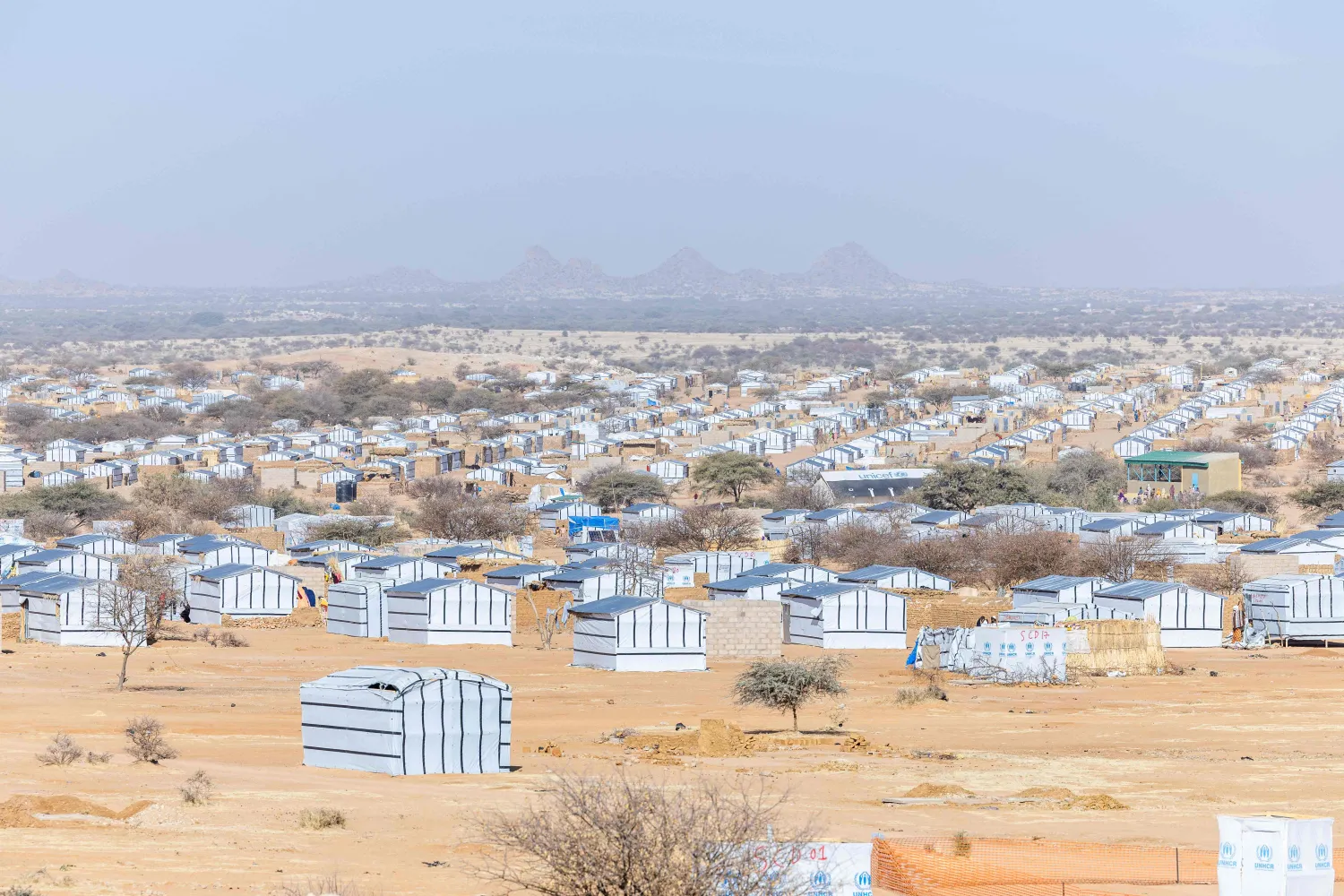The Saudi government urged on Tuesday the warring parties in Sudan to reach a ceasefire, end the conflict and facilitate the delivery of humanitarian aid to those in need.
It stressed that a political solution was the only way to end the crisis, reiterating the need to commit to the Jeddah Declaration signed on May 11, 2023.
Prince Mohammed bin Salman bin Abdulaziz Al Saud, Crown Prince and Prime Minister, chaired the Cabinet session that was held in Riyadh.
The ministers reviewed regional developments and Saudi Arabia’s tireless efforts, along with the international community, to establish peace and security in the region.
These efforts were demonstrated in its hosting of the inaugural meeting of the Global Alliance for Implementation of the Two-State Solution. Ninety countries and regional and international organizations took part to discuss establishing an independent Palestinian state.
The cabinet also highlighted the Kingdom's call for a joint Arab-Islamic follow-up summit this month, which will address the continued Israeli assault on Palestinian and Lebanese territories.
Crown Prince Mohammed briefed the cabinet on his meetings and talks with leaders of several brotherly and friendly countries, which focused on relations and ways to boost them in various fields.
Minister of Media Salman Al-Dossary told the Saudi Press Agency that the Cabinet praised the outcome of the third meeting of the Saudi-Bahraini Coordination Council security committee, and the initiatives carried out that contribute to advancing the strong fraternal relations toward new horizons.
The Cabinet commended the outcome of the second ministerial meeting of the Saudi-Indian Strategic Partnership Council economic and investment committee. It noted the progress toward achieving the two countries' common goals, particularly in the fields of industry, infrastructure, technology, agriculture, food security, climate sciences, and sustainable transportation.
The Cabinet discussed the Kingdom's participation in the recent G20 meetings, where it highlighted efforts to promote sustainability in education, invest in innovation and entrepreneurship, and its ongoing contributions in addressing global health challenges.
On the domestic level, the Cabinet noted the Kingdom's significant advancement, of 15 places, in the 2023 international tourist revenue rankings compared to 2019, leading the top 50 rankings in upward movement. This achievement underscores the Kingdom's global leadership and ongoing success in the tourism sector.









